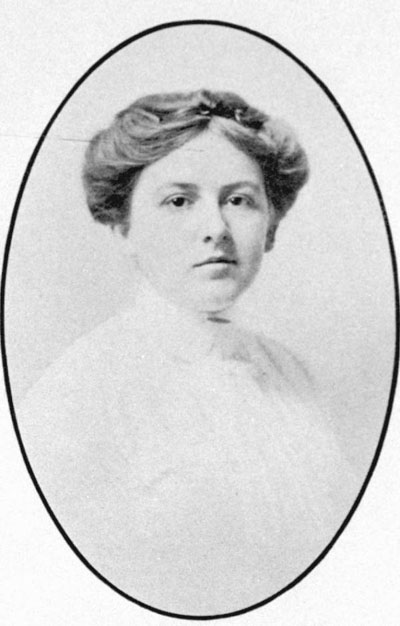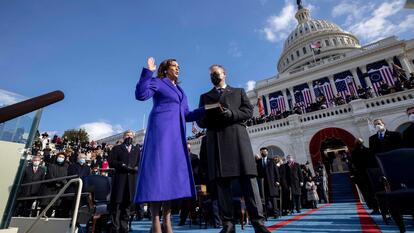Student Activism and the Legacy of Marjory Stoneman Douglas, Class of 1912

In the weeks following the tragic shooting in Parkland, Florida, the bravery displayed by the students of Marjory Stoneman Douglas High School has inspired people across the nation to join in their protest against gun violence, with marches being organized in Washington D.C., Boston, and dozens of other cities.
Wellesley has made it clear that students who report discipline actions for peaceful participation in these protests will not be disadvantaged in the application process. To the contrary, the College encourages students to make their voices heard, honoring the rich tradition of women who made a difference in the world.
Marjory Stoneman Douglas, an activist and an English major who graduated from Wellesley in 1912, devoted her life to protecting the Florida Everglades from destruction. Before she wrote the 1947 book The Everglades: River of Grass, most people considered the area worthless. According to The New York Times, Stoneman Douglas “made her case with a rare blend of science, local lore and history, and shimmering writing.”
The book begins: "There are no other Everglades in the world… Nothing anywhere else is like them: their vast glittering openness, wider than the enormous visible round of the horizon, the racing free saltness and sweetness of their massive winds, under the dazzling blue heights of space. They are unique also in the simplicity, the diversity, the related harmony of the forms of life they enclose.”
Douglas is recognized as a leader in the successful campaign for the establishment of Everglades National Park. She continued to protest efforts by the Army Corps of Engineers to divert the natural flow of the waters and founded Friends of the Everglades to broaden the constituency for its protection.
In 1977 Stoneman Douglas won Wellesley’s Alumnae Achievement Award, the College’s highest honor, and in 1993 she was awarded the Presidential Medal of Freedom. She died in 1998 at the age of 108.
Image: Marjory Stoneman in her senior year at Wellesley.



